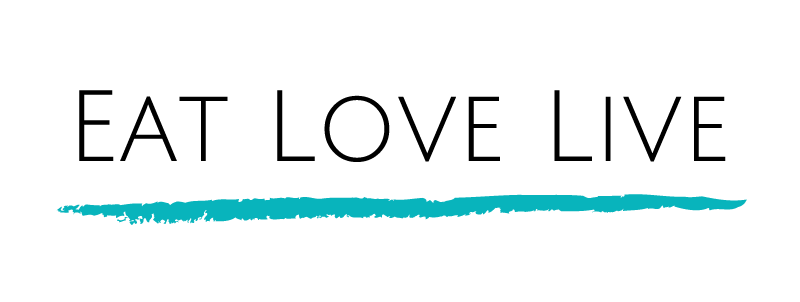What is health? What is unhealthy? Who should we listen to when it comes to our health? Eat Love Live’s Clinical Director, Jo Money (APD), encourages us to get curious about the messages we receive from health professionals, public health campaigns and our own bodies.
Health is a hugely nuanced topic, yet as a society we’re conditioned to believe what we read (or which health messages make the most noise). Many public health statements and campaigns are shared with well intention. Some are clearly based on evidence (such as wearing seat belts or information about smoking), however many are not, often based on incomplete or biased research and causing more harm than the good they intended.
Whether it’s a commercial viewed, a poster seen or a social media post in our feed, it’s not always possible to ‘clock’ that we’ve internalised the health message being shared. We may cognitively know that this is not okay and yet it still has impact, with messages chipping away at us in the same fashion we’ve interpreted idealised bodies seen in the media for years; regardless of our cognitive appreciation that they are digitally altered!
General messages for the masses can not possibly encapsulate an individual's needs and are not always appropriate, attainable or sustainable for all. Often written and communicated in absolutes; it’s those with the most complicated relationships with food, their bodies and their health that are most sensitive to these messages, creating unnecessary shame and fear. We know this does not create sustainable behavior change (and can be more damaging to the individual), so how do we know which campaigns to listen to?
Let's look more closely at this, reflecting on the annual ‘Try for 5’ campaign encouraging people to work towards incorporating more plant food into their diets.
While the messaging feels gentler (a fantastic improvement in this type of campaign), it still encompasses a flavour of perfectionism that can lead to a sense of overwhelm. Often the message to eat more vegetables is simplified and shared as an off-handed comment by well-meaning health professionals who do not take the time to ask about an individual’s current intake of plant food, possible access issues or even explain the ‘why’ behind the recommendation.
People often feel they have failed if they cannot make health changes suggested all at once, in this case believing that fruits and vegetables should be sourced fresh and self-prepared a certain way for consumption or any benefit is lost. Time, money and executive functions means that ‘Try for 5’ and similar messengers about fruit and vegetables is not a reasonable expectation for all.
If you would like to include more plant foods in your diet, know that this is of benefit regardless of what else you eat and that choosing canned, frozen or pre-cut versions is just as beneficial. If you don't have the desire or capacity to review and alter the percentage of plant foods in your intake, that is 100% ok too.
As health professionals, namely dietitians, we need to examine health at an individual level and support clients to decide what, if anything, they would change in their diets. These changes may be inconsistent, messy and hard - and that is ok. Making health changes is one’s own prerogative, their right, and does not reflect their value.
More broadly, when assessing your own health, a great place to start is by becoming more aware of public health messaging and consider, “What does health mean to you?” The basic view that health is a lack of disease or impairment is ableist and inaccessible for so many.
- Health is more than physical; it is mental, spiritual, sexual, social and encompasses all the parts of ourselves
- Health is what individuals decide is the optimal, achievable state for them *
- Health is a privilege, not an achievement *
Health is an individualistic, dynamic concept. Health messages are not one size fits all!
Consider this your invitation to get curious. To be aware of the messages you are consuming every day, and to really think about where they are coming from. Who benefits if you listen to them? Does it sound too simplistic, or good to be true (then it probably is)?
If you’re feeling unsure about what to trust and what not to, know that this is an excellent agenda item to bring to session with your dieititian. Book an appointment with yours here, or if you’re a new client, complete our Pre-Assessment Questionnaire so we can match you with a clinician who can support your current needs and lived experience!

